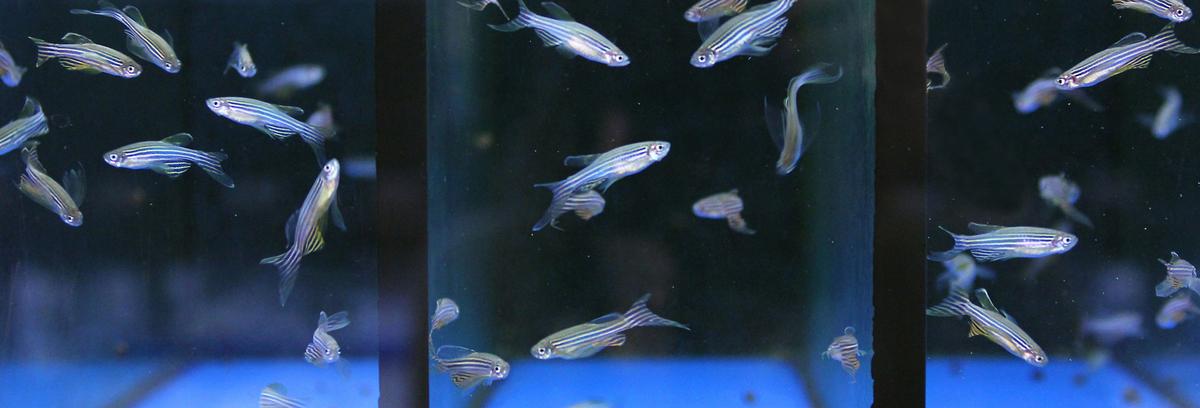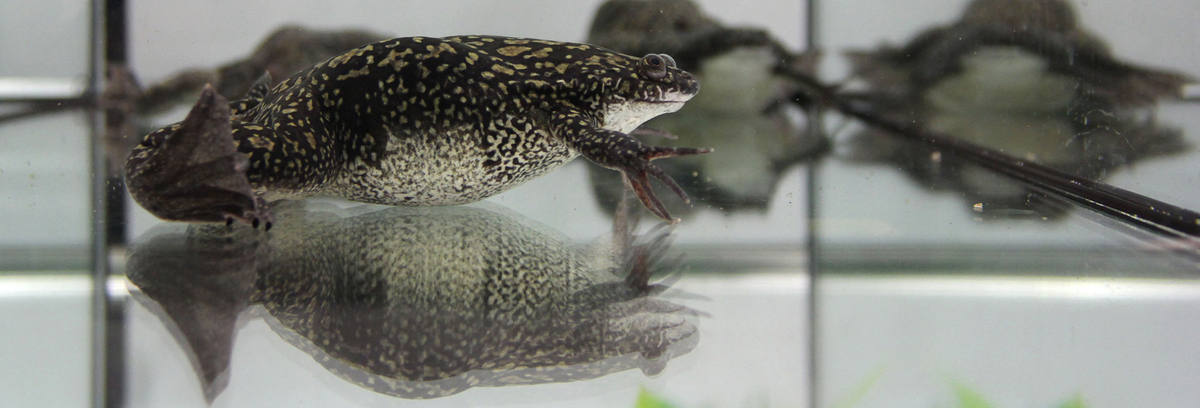MPI-CBG researchers and staff are acutely aware of the great responsibility that comes with animal experimentation in basic biological research. Providing the highest level of animal welfare and care for our laboratory animals is an unconditional commitment of the institute and its staff. We believe all laboratory animals under our care should be treated with respect and dignity throughout their lives. We are convinced that good quality science can only be achieved with the highest level of animal welfare. We are committed to the core value of humane care in the use of all animals. The MPI-CBG staff (scientists, technicians, animal caretakers, veterinarians) who are involved with animal care, housing and experiments, commit to the following guiding principles:
Further information regarding the approach of the Max Planck Society towards animal research is available here: www.mpg.de/animal-studies-in-basic-research.

Mice are being held in individually ventilated plastic cages with free access to food and water. The dedicated cage level ventilation ensures an optimal environment with stable temperature and humidity, as well as a constant supply of clean fresh air. Each cage has a thick layer of aspen bedding, as well as a combination of different materials (wooden wool, cotton nestlets) that mice like to use building nests. Mice are typically housed in small family groups.
Rats are housed in larger cages similar to the ones described above for mice. Additionally, rat cages are much higher, and typically feature platforms in different levels. They also have free access to food and water, as well as bedding and nesting material. We only house rats occasionally, and we do not breed them.

Zebrafish are housed in dedicated aquariums with constant supply of clean and filtered fresh water. Zebrafish are swarm animals, so they like to be housed in groups (typically 20-30 fish per aquarium).

African clawed frogs are housed in large freshwater aquariums that feature tubes and structures they can hide under.

The quails are housed in groups in large aviaries with access to an outdoor area. They are provided with bedding (wood shavings) and sand and have uninterrupted access to water and food. The aviaries are equipped with various boxes and frames to provide shelter for the animals.